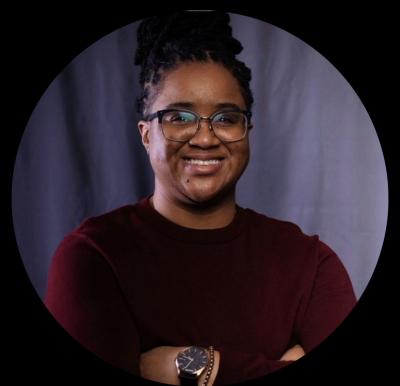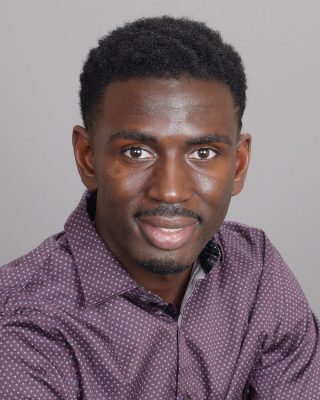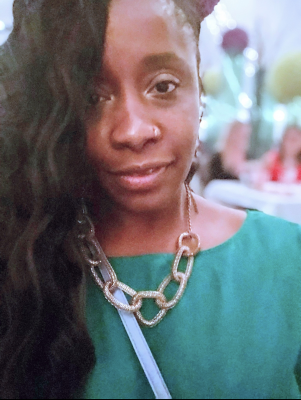To understand best practices and challenges associated with developing and implementing restorative justice diversion (RJD), Assistant Professor Sukhmani Singh, in partnership with Impact Justice, is a sub-awardee of a Bureau of Justice Category 2 Award. Over the course of this project, Dr. Singh and team are seeking to understand the training and technical assistance experiences of what it means to deliver Restorative Justice Diversion programming. Lessons learned from this collaborative study will be translated into an innovative technical and training assistance curriculum by the Restorative Justice Project team, Impact Justice. Dr. Singh is leading the research efforts of the process evaluation.
“Restorative Justice Diversion programming — deep engagement in practices that offer healing and repair to the very human experience of committing and receiving harm — has resurged in the United States particularly as states contend with what it means to develop, implement, and maintain community-based solutions to advancing care and justice,” says Singh. “The purpose of this project is to engage in dialogue with community-based organizations and their juvenile legal system counterparts — across 10 different jurisdictions in the country — in understanding lessons learned from having received training and technical assistance in working through the praxis of restorative justice diversion programming over the last decade. Lessons learned will inform the development and process evaluation of an innovative, cohort-based training and technical assistance model to new sites interested in exploring pre-prosecution restorative justice diversion for youth.”
Read more about Singh's research.
Read about her presentation at the Connecticut Sentencing Commission Meeting.

 Trel completed his undergraduate studies at Southern Connecticut State University in Political Science (2018); he founded the SCSU-Juvenile justice/Youth Expo as the SCSU-NAACP Juvenile Justice Chair (2015) and continue to lead those efforts later in the chapter as the 1st Vice President. Trel is also a Founder of the Brotherhood, Scholarship and Excellence, a collegiate mentoring program aimed at holding minorities young men accountable to graduate on time at SCSU. Trel then went to the University of Connecticut School of Social Work, earning a Master’s in Social Work, Class of 2022.
Trel completed his undergraduate studies at Southern Connecticut State University in Political Science (2018); he founded the SCSU-Juvenile justice/Youth Expo as the SCSU-NAACP Juvenile Justice Chair (2015) and continue to lead those efforts later in the chapter as the 1st Vice President. Trel is also a Founder of the Brotherhood, Scholarship and Excellence, a collegiate mentoring program aimed at holding minorities young men accountable to graduate on time at SCSU. Trel then went to the University of Connecticut School of Social Work, earning a Master’s in Social Work, Class of 2022. Natasha A. Stapleton is a graduate of the University of Connecticut School of Social Work, class of 2016. Since graduating, Natasha began her employment with CREC – Capitol Region Education Council, where she started her career as a School Social Worker. In this role, Natasha works with a variety of students and families helping to support a variety of social and emotional needs. Natasha is also an active member of the school leadership team; she is a Culture and Climate Coach and is member of the safety committee. Through these various roles, Natasha has a voice in advocating for the equitable practices for diverse students across the school, within curriculum and activities that are provided at the school. As a social worker, Natasha is responsible for educating staff about various diagnosis and how to engage students from a trauma informed lens. Part of this work is supporting staff in recognizing their biases and its impact on educating student from diverse backgrounds. Natasha has over 15 years of experience providing community-based support and therapy to both children, families and adults.
Natasha A. Stapleton is a graduate of the University of Connecticut School of Social Work, class of 2016. Since graduating, Natasha began her employment with CREC – Capitol Region Education Council, where she started her career as a School Social Worker. In this role, Natasha works with a variety of students and families helping to support a variety of social and emotional needs. Natasha is also an active member of the school leadership team; she is a Culture and Climate Coach and is member of the safety committee. Through these various roles, Natasha has a voice in advocating for the equitable practices for diverse students across the school, within curriculum and activities that are provided at the school. As a social worker, Natasha is responsible for educating staff about various diagnosis and how to engage students from a trauma informed lens. Part of this work is supporting staff in recognizing their biases and its impact on educating student from diverse backgrounds. Natasha has over 15 years of experience providing community-based support and therapy to both children, families and adults.